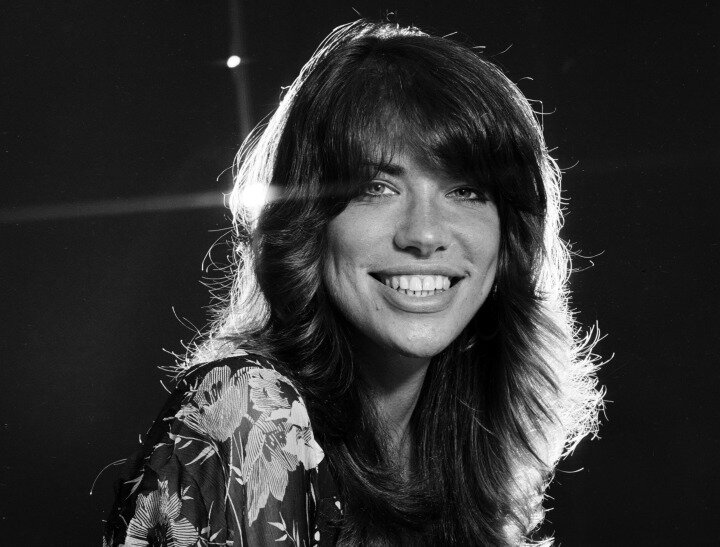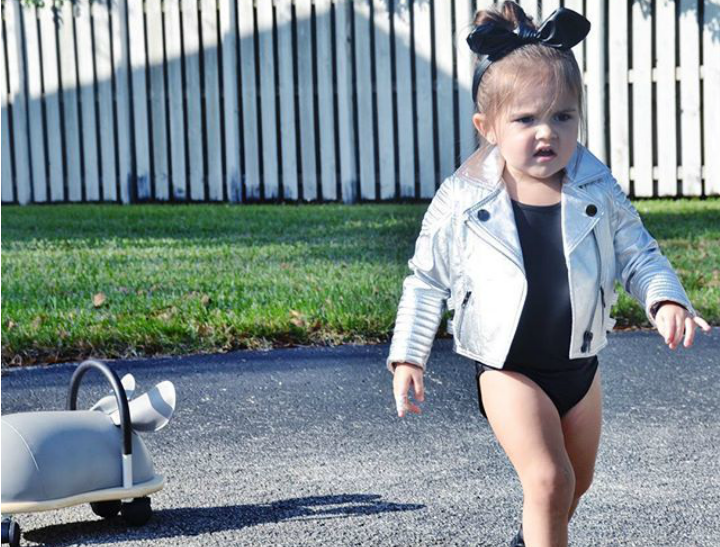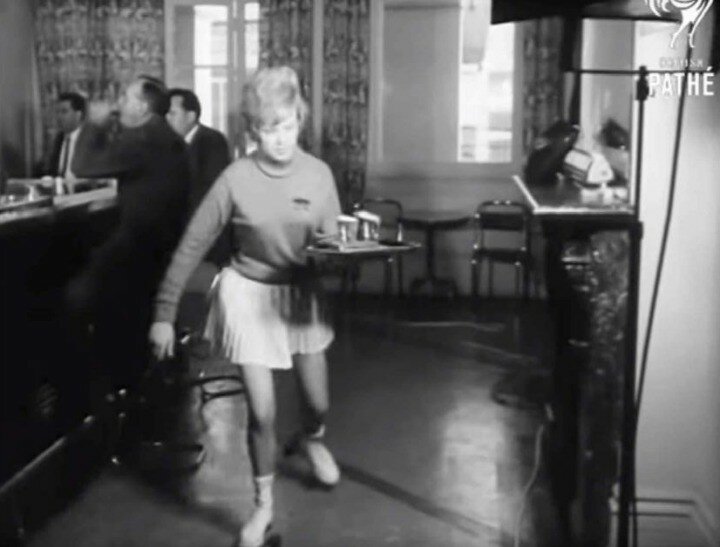Adele doesn’t divide the world like so many artists. While there is a We Love Adele camp, there’s no We Hate Adele one. In a digital age where everyone has a voice, Adele haters are strangely quiet.
The singer’s first album in four years is breaking records in its first week. According to Salon 25 is due to crack 2.5 million in sales and maybe even smash 3 million. “For reference,” Salon says reminding us that this is a world where music consumers don’t buy albums any more. “Justin Bieber’s “Purpose” (the year’s previous biggest debut) sold 522,000 units in a week, while Adele pushed 900,000 copies of “25” in a day.”
Listen to Adele’s second single, ‘When We Were Young’ from the album below. Post continues after video.
This love, infatuation, admiration, interest, respect, fascination with perfect black swoosh of her eye make up – whatever you want to call it – that spans generation and seas, might not be all about music, marketing and emotion. It might have more to do with science.
In a 2013 study, Sad Music Induces Pleasant Emotion and published in Frontiers of Psychology, researchers found that rather than sad music causing a listener to experience sadness, which is considered to be “an unpleasant emotion”, listeners may actually feel positive emotions.
Watch Adele’s first music video in four years, ‘Hello’ below. Post continues after video.
Stay with us. 44 participants listened to musical excerpts (they did not listen to well-known songs as these may carry emotional baggage) and had to provide data on perceived and felt emotions. Researchers believed perceived emotions and felt emotions were very different and the research backed their hypothesis.
“The results revealed that the sad music was perceived to be more tragic,” researchers found. “Whereas the actual experiences of the participants listening to the sad music induced them to feel more romantic, more blithe, and less tragic emotions than they actually perceived with respect to the same music.”
Watch the performance of ‘Someone Like You’ that sent Adele into super stardom. Post continues after video.
So the experience (or felt emotion) of listening to sad music evokes something smart researchers like to call vicarious emotion. And, as Salon points out, this vicarious emotion is “strikingly similar” to empathy, which is rooted in connection, being human and giving. All emotional positives.
Hello from the outside and thank you very much science. That means Adele makes listeners feel empathy when she sings. And empathy makes listeners feel good about themselves. Which means Adele makes listeners feel good about themselves.
We probably could have told the researchers that in the very beginning.































 DEBRIEF DAILY
DEBRIEF DAILY